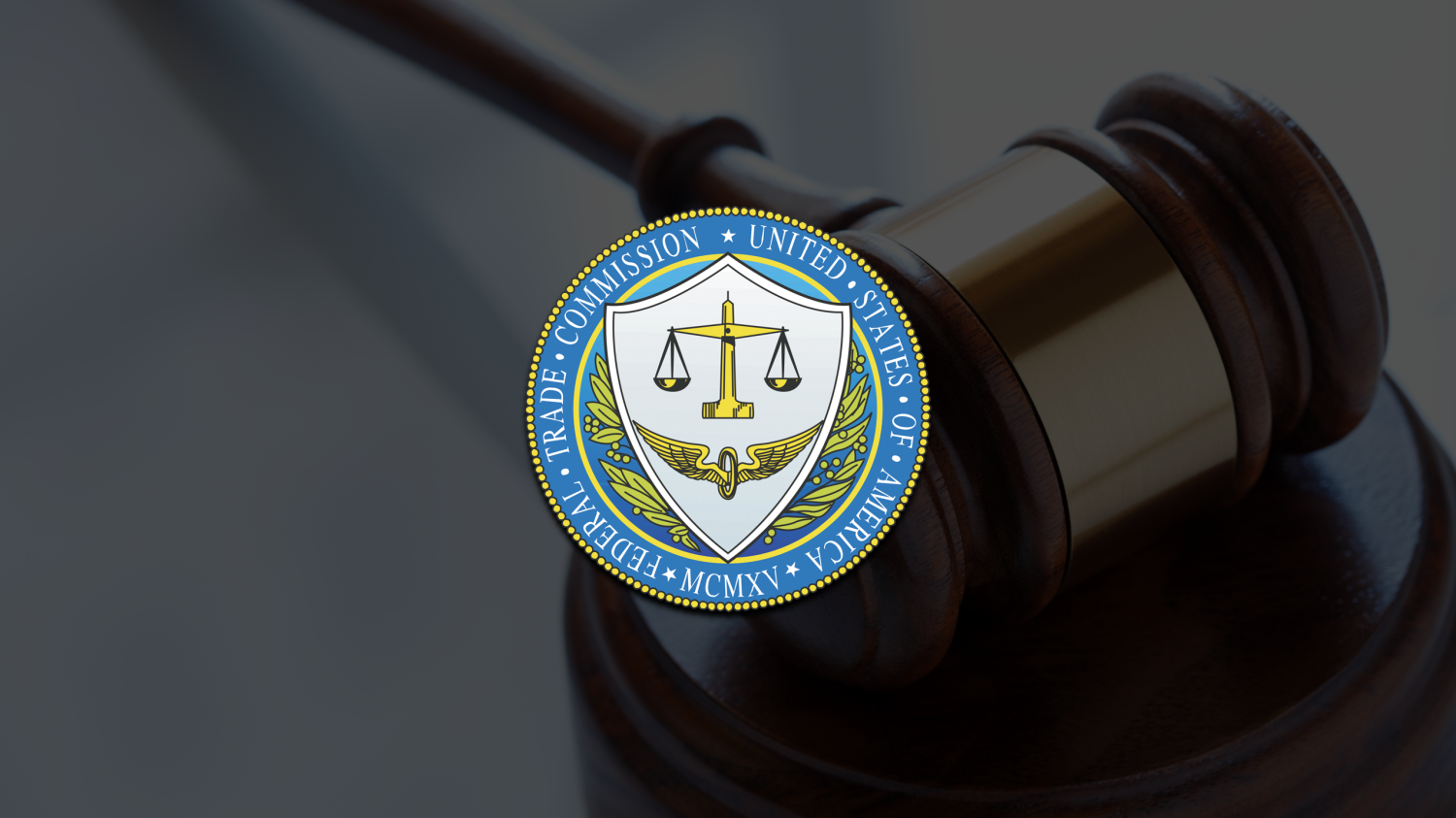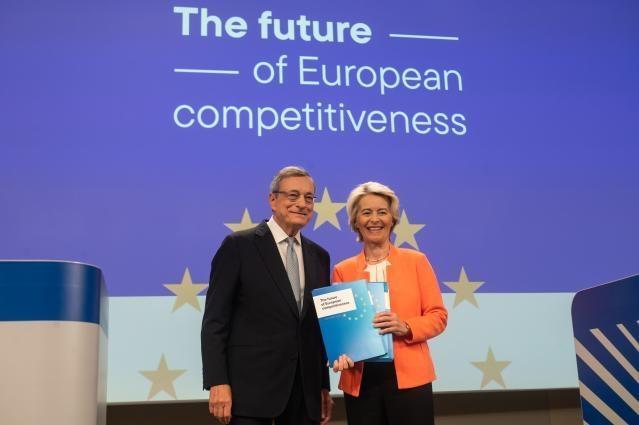FTC's Appeal Challenges Judge's Decision On Microsoft-Activision Merger

Table of Contents
The Judge's Initial Ruling and its Rationale
In July 2023, a US District Judge ruled in favor of Microsoft's acquisition of Activision Blizzard, dismissing the FTC's attempt to block the merger. The judge's decision hinged on several key arguments presented by Microsoft and Activision Blizzard. They successfully argued that the merger wouldn't substantially lessen competition in the gaming market.
- Insufficient evidence of harm to competition: The judge found that the FTC failed to present sufficient evidence demonstrating that the merger would harm competition in the gaming market.
- Focus on potential benefits to consumers: Microsoft and Activision Blizzard emphasized potential benefits to consumers, such as access to a wider range of games and improved gaming experiences. This argument played a significant role in the judge's decision.
- Rejection of the FTC's proposed remedies: The judge rejected the FTC's proposed remedies, which aimed to mitigate potential anti-competitive effects of the merger. The judge deemed these remedies insufficient or impractical.
While the judge ultimately approved the merger, some concerns were expressed regarding potential anti-competitive behavior. These concerns, however, were not deemed significant enough to outweigh the perceived benefits.
The FTC's Grounds for Appeal
The FTC's appeal centers on its belief that the judge's decision failed to adequately address several critical antitrust concerns. The FTC argues that the merger will significantly reduce competition, particularly in the cloud gaming market and regarding the exclusivity of popular game titles like Call of Duty.
- Insufficient consideration of the impact on the cloud gaming market: The FTC contends that the judge did not fully consider the potential harm to competition in the rapidly growing cloud gaming market, arguing that Microsoft could leverage its market power to exclude rivals.
- Potential for Microsoft to leverage its market power to harm competitors: A key argument is that Microsoft, after acquiring Activision Blizzard, would use its market dominance to stifle competition by making key titles exclusive or by disadvantaging rival game platforms.
- Concerns regarding exclusive game titles and reduced consumer choice: The FTC argues that the merger could lead to reduced consumer choice and higher prices due to the potential exclusivity of popular game titles like Call of Duty.
- Allegations of Microsoft’s anti-competitive behaviour: The FTC also alleges that Microsoft has engaged in anti-competitive behavior in the past and that this acquisition would only exacerbate this trend.
Potential Outcomes of the Appeal and their Implications
The FTC's appeal could result in several outcomes: the appeal could be upheld, rejected, or lead to a negotiated settlement. Each outcome carries significant implications:
- Appeal Upheld: This would block the merger, forcing Microsoft to abandon its acquisition of Activision Blizzard.
- Appeal Rejected: This would solidify the initial ruling and allow the merger to proceed.
- Negotiated Settlement: Microsoft might offer concessions to the FTC, such as agreeing to maintain Call of Duty's availability on competing platforms, to secure approval.
The impact on the gaming industry would be substantial, irrespective of the outcome:
- Delay or cancellation of the merger: A protracted legal battle could significantly delay or even permanently prevent the merger.
- Changes in Microsoft's business practices: Regardless of the outcome, the appeal could force Microsoft to reconsider its business practices and potentially make concessions to address antitrust concerns.
- Impact on the price and availability of Activision Blizzard games: The merger's outcome will significantly impact the pricing and accessibility of Activision Blizzard games, potentially leading to price increases or exclusivity deals.
- Precedents set for future mergers and acquisitions in the tech industry: This case will set a precedent for future mergers and acquisitions in the tech industry, particularly concerning antitrust regulations.
The Role of Call of Duty in the Dispute
Call of Duty's exclusivity is a central point of contention. The FTC argues that making Call of Duty exclusive to Xbox would significantly harm competitors like Sony and Nintendo, giving Microsoft an unfair advantage. Microsoft has offered concessions, promising to keep Call of Duty on PlayStation for at least 10 years, but the FTC argues these concessions aren't sufficient.
The Wider Implications for the Gaming Industry
The Microsoft-Activision merger and the FTC's appeal have profound implications for the gaming industry:
- Competitive Landscape: The merger could reshape the competitive landscape, potentially leading to reduced competition and less innovation.
- Game Development & Pricing: The outcome will significantly impact game development, potentially leading to changes in pricing models and potentially higher costs for gamers.
- Consumer Choice: The availability and diversity of gaming titles could be affected, potentially limiting consumer choice.
- Regulatory Scrutiny: The case highlights the increased regulatory scrutiny of large mergers and acquisitions in the tech industry, indicating a shift towards stricter antitrust enforcement.
Conclusion
The FTC's appeal against the Microsoft-Activision merger represents a pivotal moment for the gaming industry and antitrust law. The arguments presented by both sides highlight the complex interplay between market dominance, innovation, and consumer welfare. The outcome will significantly impact the competitive landscape of gaming, influencing game development, pricing, and consumer choice. The FTC's appeal of the Microsoft-Activision merger is a critical development with far-reaching consequences. Stay tuned for further updates as this landmark case continues to unfold, and follow the developments in the Microsoft-Activision merger case for insights into the future of the gaming industry.

Featured Posts
-
 Updated Uk Visa Requirements Nigerians And Pakistanis Affected
May 09, 2025
Updated Uk Visa Requirements Nigerians And Pakistanis Affected
May 09, 2025 -
 The Impact Of The Strictly Scandal On Wynne Evans Go Compare Role
May 09, 2025
The Impact Of The Strictly Scandal On Wynne Evans Go Compare Role
May 09, 2025 -
 Palantir Stock Analyzing The Potential For A 40 Rise By 2025
May 09, 2025
Palantir Stock Analyzing The Potential For A 40 Rise By 2025
May 09, 2025 -
 Assessing Apples Ai Position Competitiveness And Future Growth
May 09, 2025
Assessing Apples Ai Position Competitiveness And Future Growth
May 09, 2025 -
 Alshmrany Tsryhat Jysws Hwl Antqalh Lflamnghw Tfasyl Mthyrt
May 09, 2025
Alshmrany Tsryhat Jysws Hwl Antqalh Lflamnghw Tfasyl Mthyrt
May 09, 2025
